Welcoming a pet into your home brings immense joy, but it’s important to recognise that some breeds come with a hefty list of demands. These high-maintenance divas require exceptional attention, care, and resources to thrive. Are you prepared to tackle the challenges and cater to their every need?
1. Afghan Hound
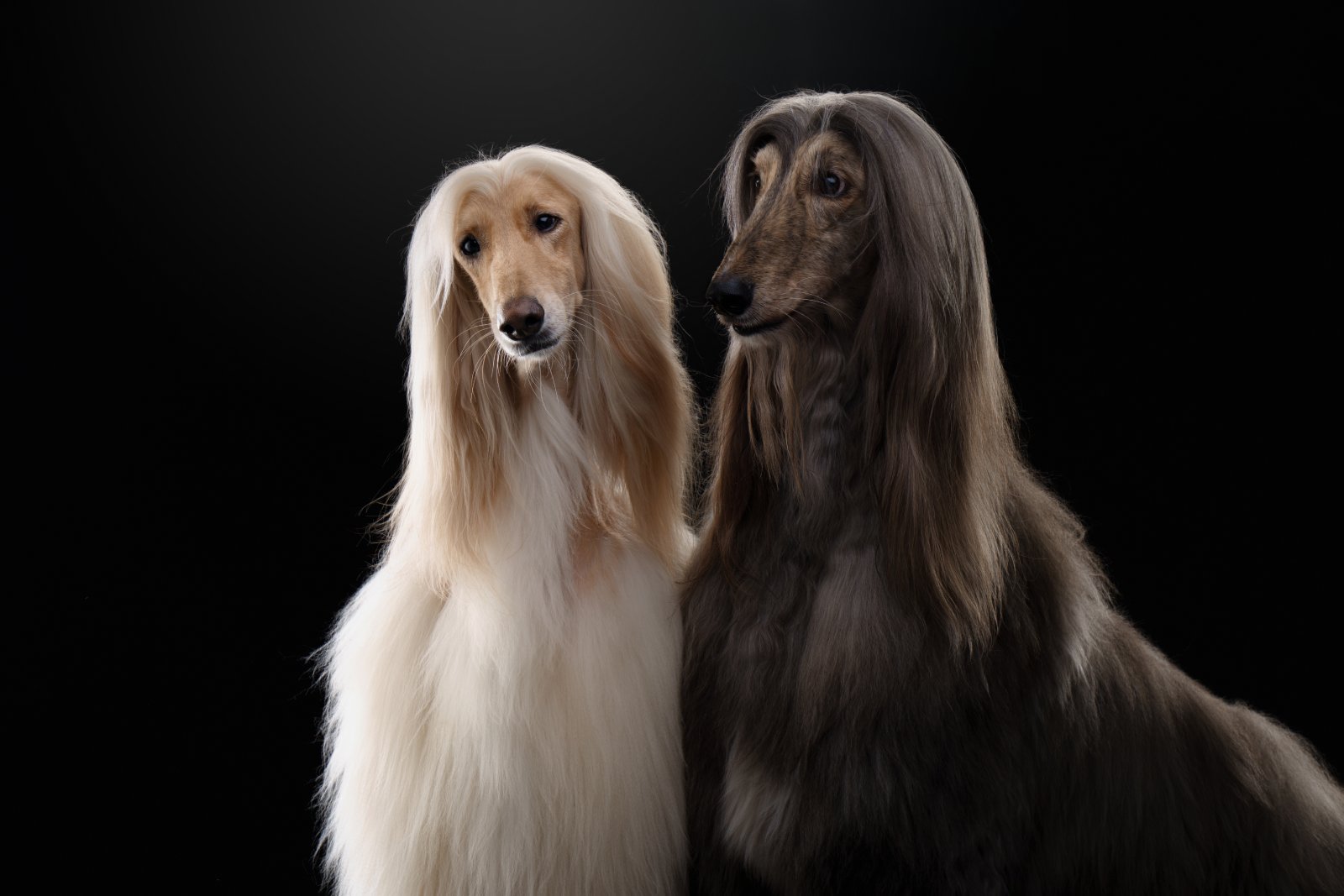
Afghan Hounds, known for their striking beauty and long, silky coats, require daily grooming to prevent mats and tangles. They are relatively rare and possess an aloof temperament, necessitating patient socialisation to ensure they become well-rounded companions. Their independent nature can sometimes be mistaken for disinterest, but with the right care, they can be affectionate pets.
2. Bengal Cat
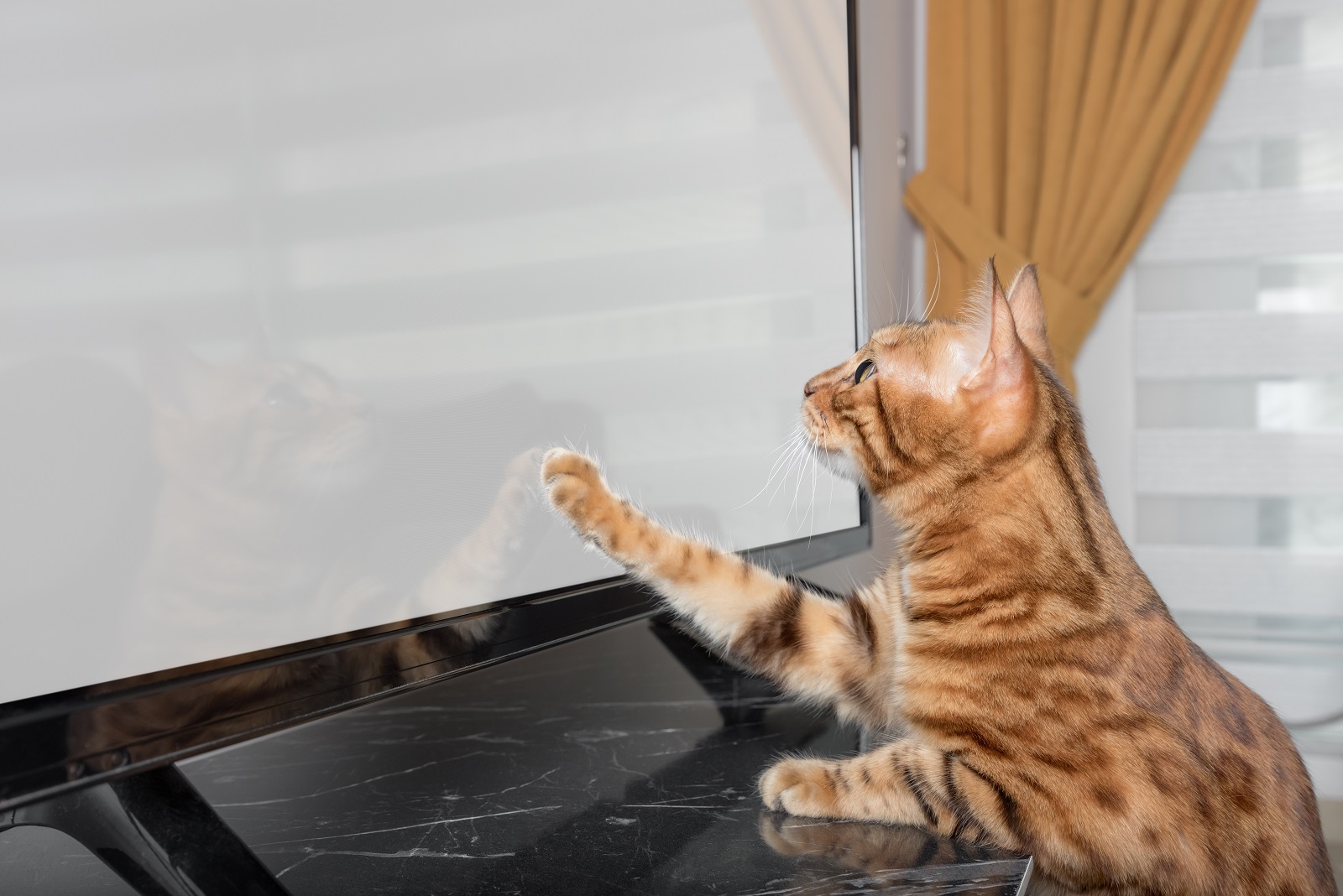
Bengal cats are not your average house cat; they are a hybrid of domestic cats and wild Asian leopard cats, known for their exotic appearance and high energy levels. These cats need a lot of stimulation, including interactive toys and climbing structures, to prevent boredom and destructive behaviour. Due to their inquisitive and active nature, Bengals can be quite a handful, requiring constant attention and engagement.
3. Cavalier King Charles Spaniel
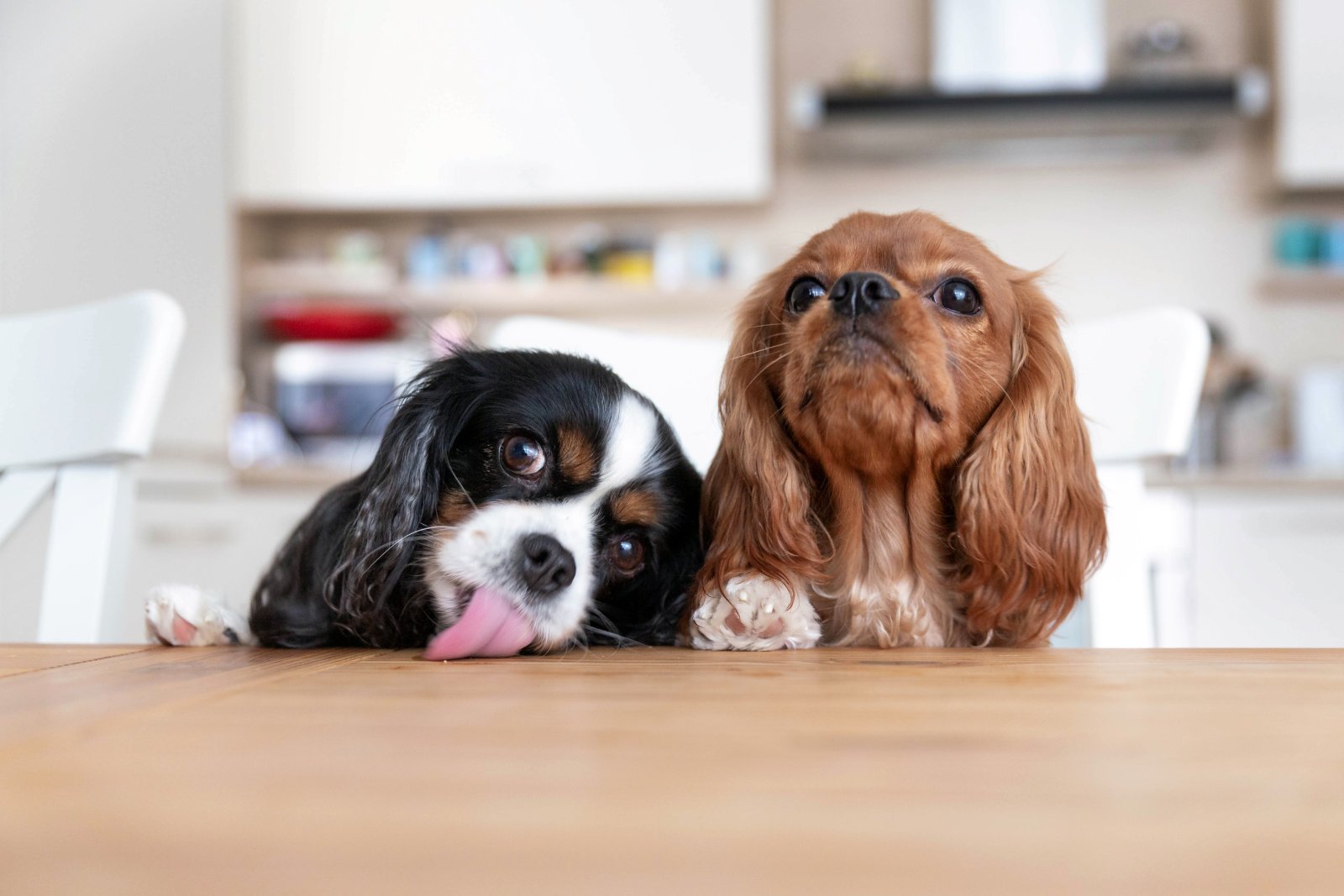
This breed is adored for its affectionate nature and gentle temperament, making them popular pets in the UK. However, Cavalier King Charles Spaniels are prone to numerous health issues, particularly heart problems like mitral valve disease. Regular veterinary visits and possibly expensive medical care are essential to ensure their well-being, adding to their high-maintenance reputation.
4. Pekingese
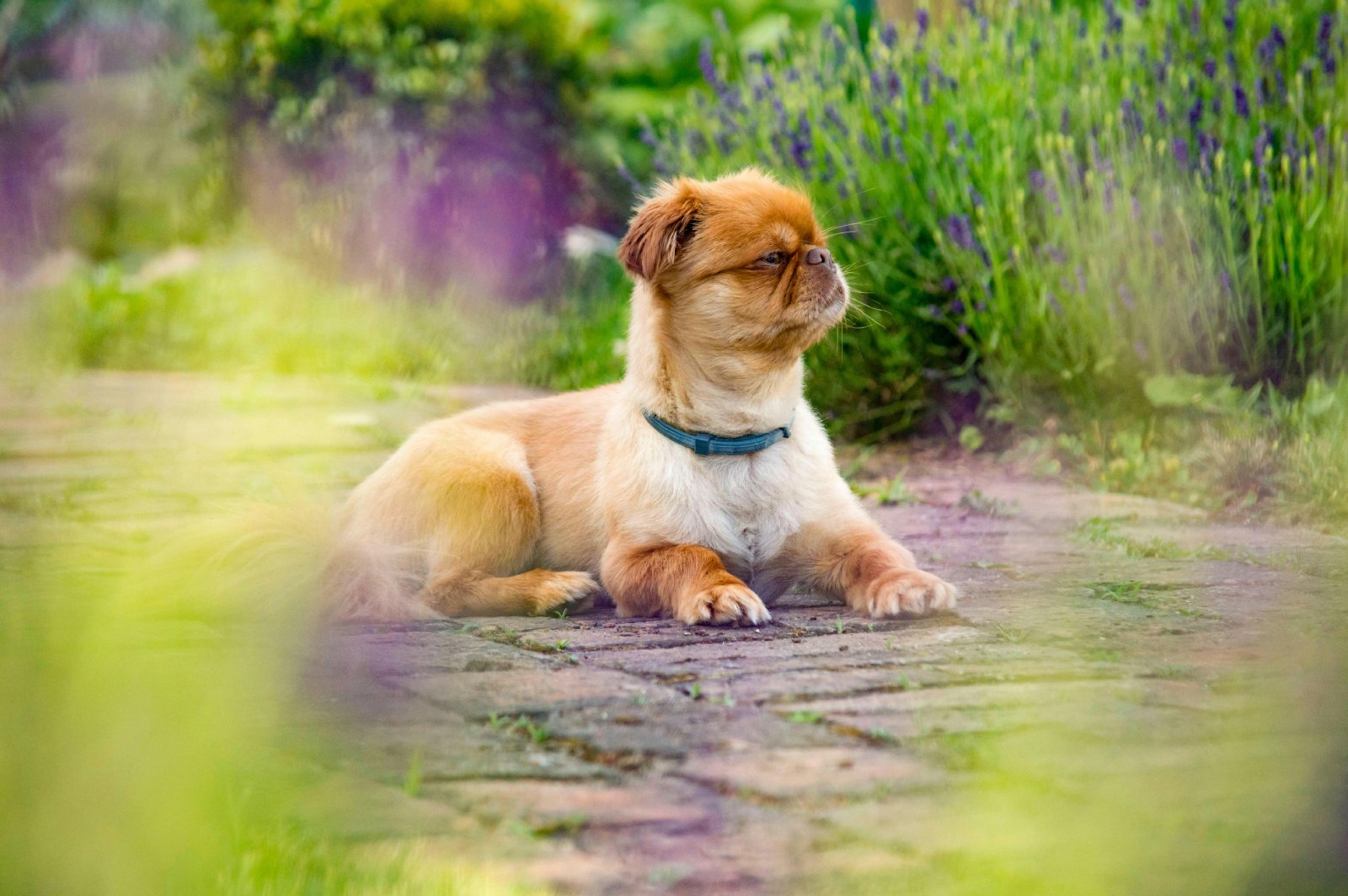
Pekingese are small but mighty dogs, often seen as regal and independent. Their long, flowing coat needs daily brushing to avoid matting, and they are prone to respiratory issues due to their flat faces. This breed requires a cool environment and careful monitoring of their health, making them a demanding pet to care for.
5. Sphynx Cat
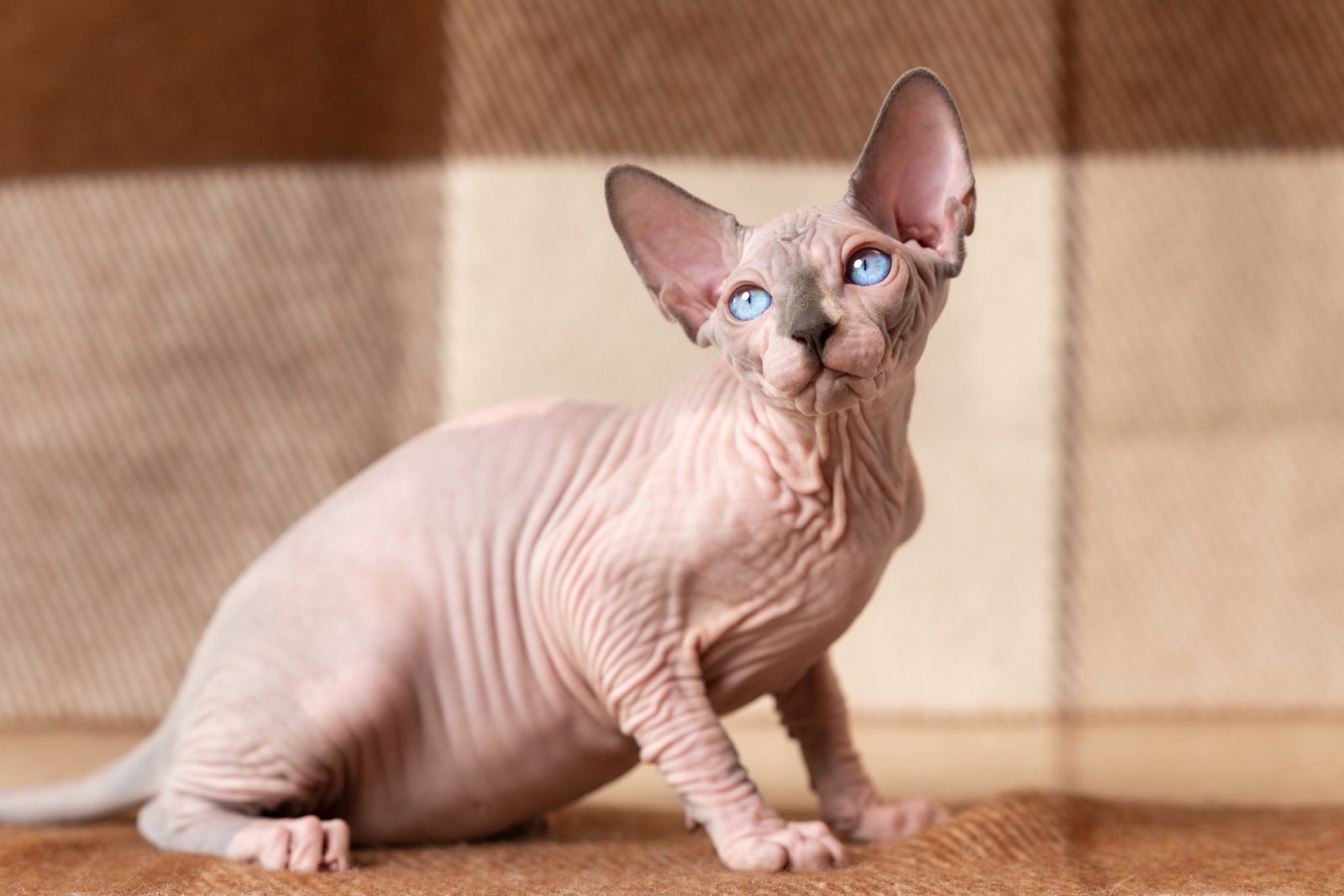
The Sphynx cat, known for its hairless appearance, might seem low-maintenance, but it’s quite the opposite. These cats require regular baths to remove the oil buildup on their skin and need to be kept warm due to their lack of fur. Their social and affectionate nature demands a lot of attention and interaction from their owners.
6. Akita
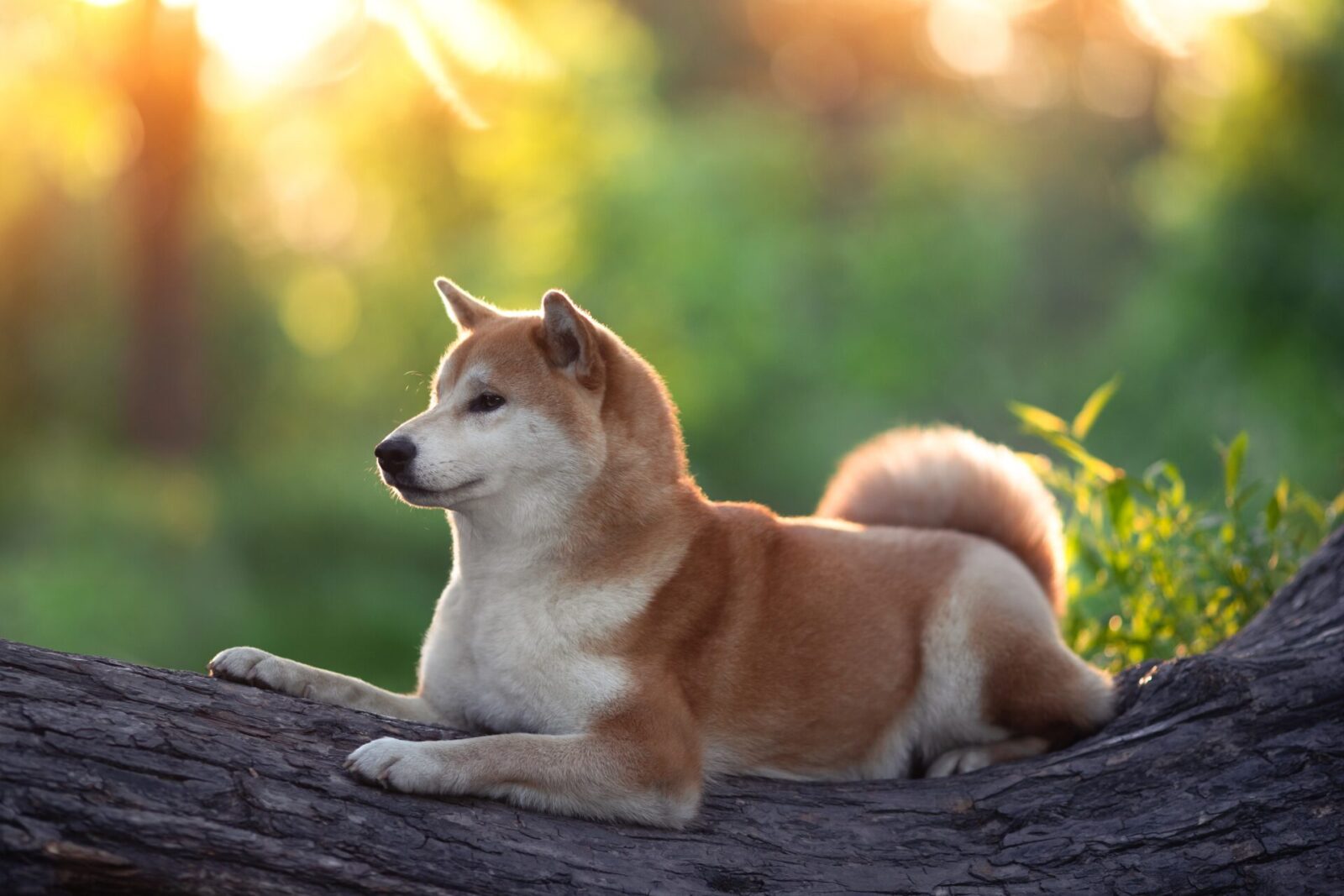
Akitas are large, powerful dogs known for their loyalty and protective nature. They need extensive socialisation and training from an early age to manage their dominant tendencies. Regular exercise is crucial for this breed, along with mental stimulation to prevent behavioural issues.
7. Persian Cat
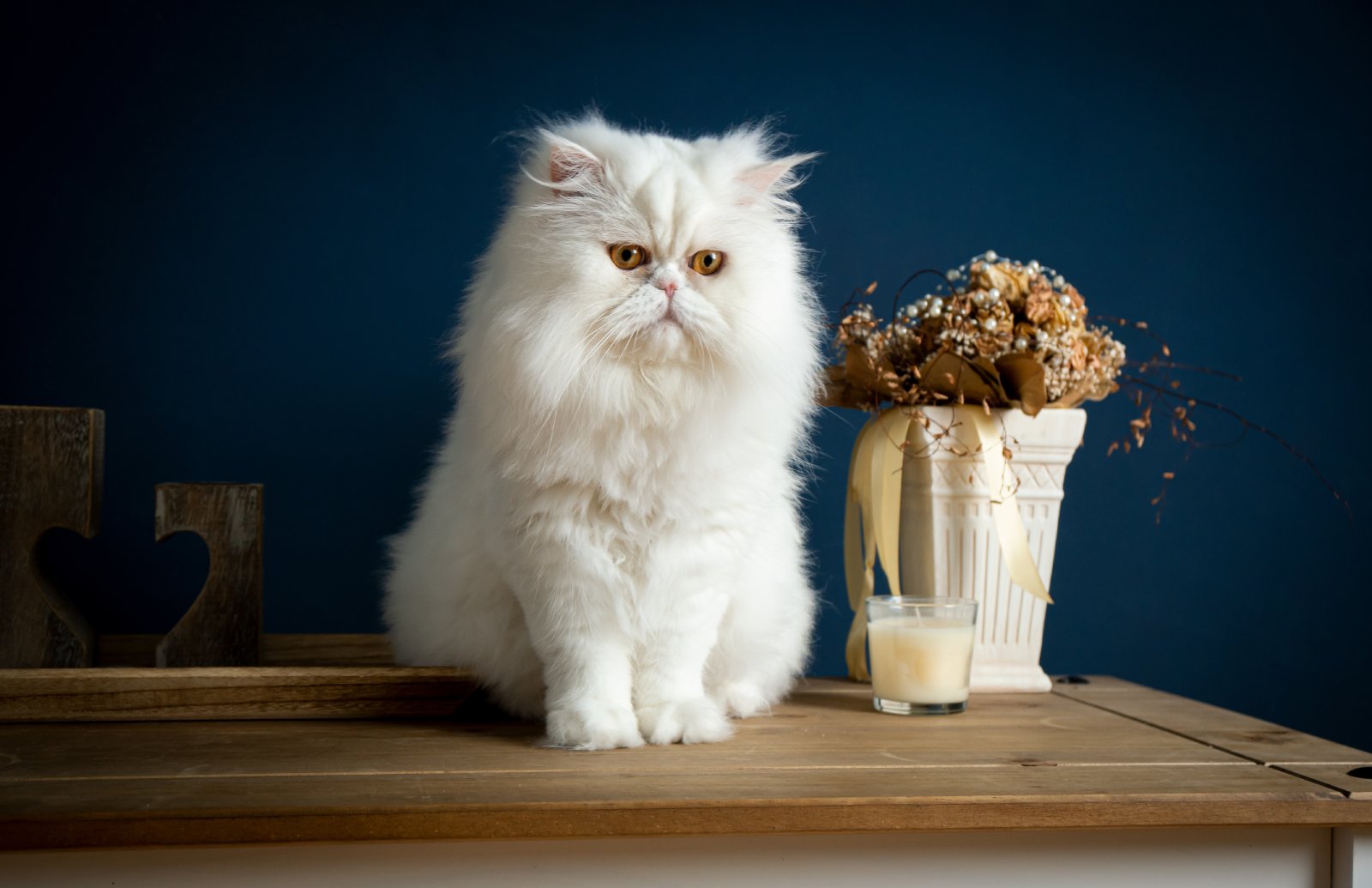
Persian cats are one of the most popular and recognisable cat breeds, known for their luxurious coats and flat faces. Their long fur requires daily grooming to prevent tangles and mats, and they are prone to respiratory issues. Regular vet check-ups and meticulous care are essential to keep them healthy.
8. French Bulldog
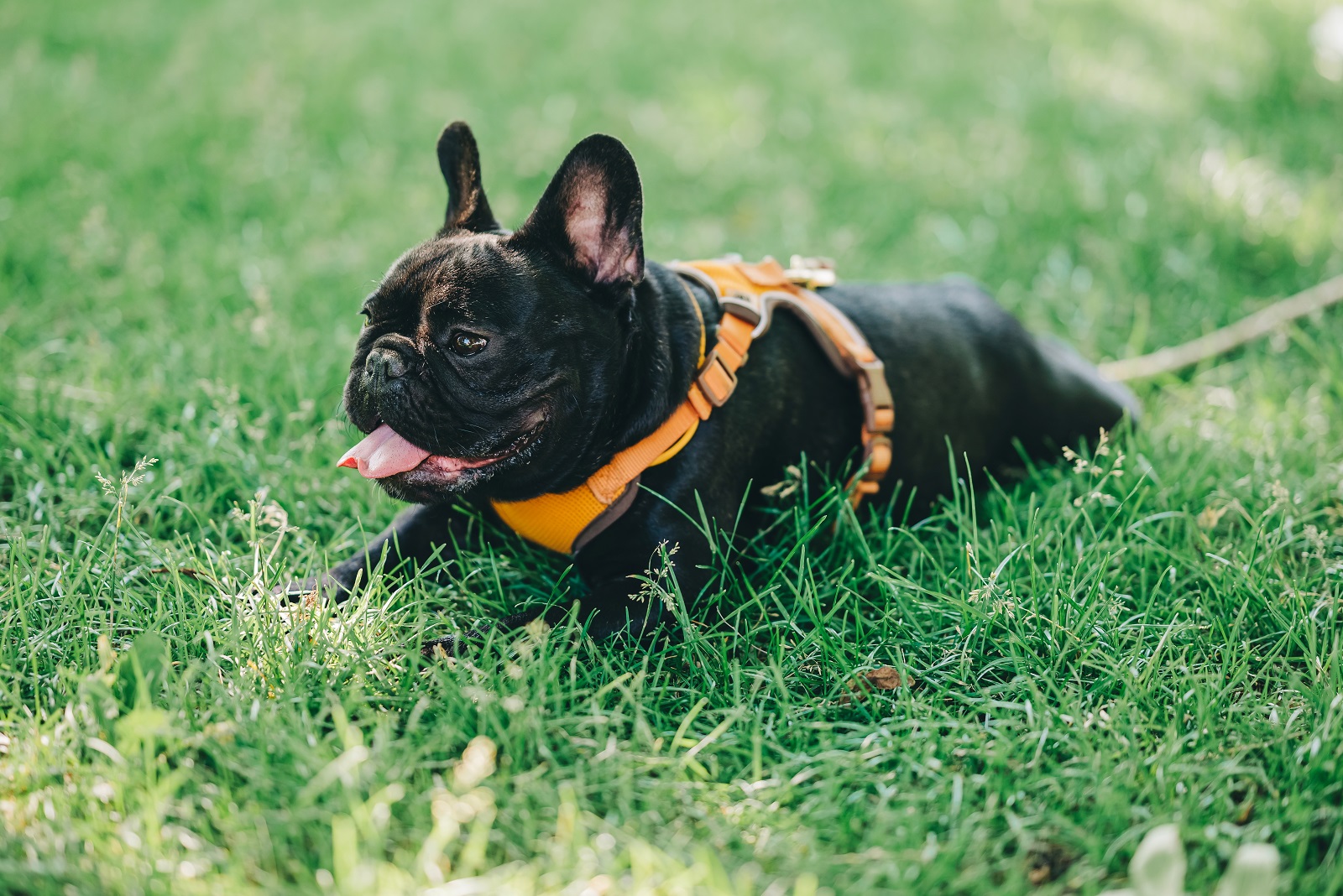
French Bulldogs are a trendy breed in the UK, loved for their adorable looks and friendly disposition. However, their flat faces make them prone to breathing difficulties and overheating, requiring careful monitoring, especially in warmer weather. Regular vet visits and potential surgeries can make caring for them quite costly.
9. Bichon Frise
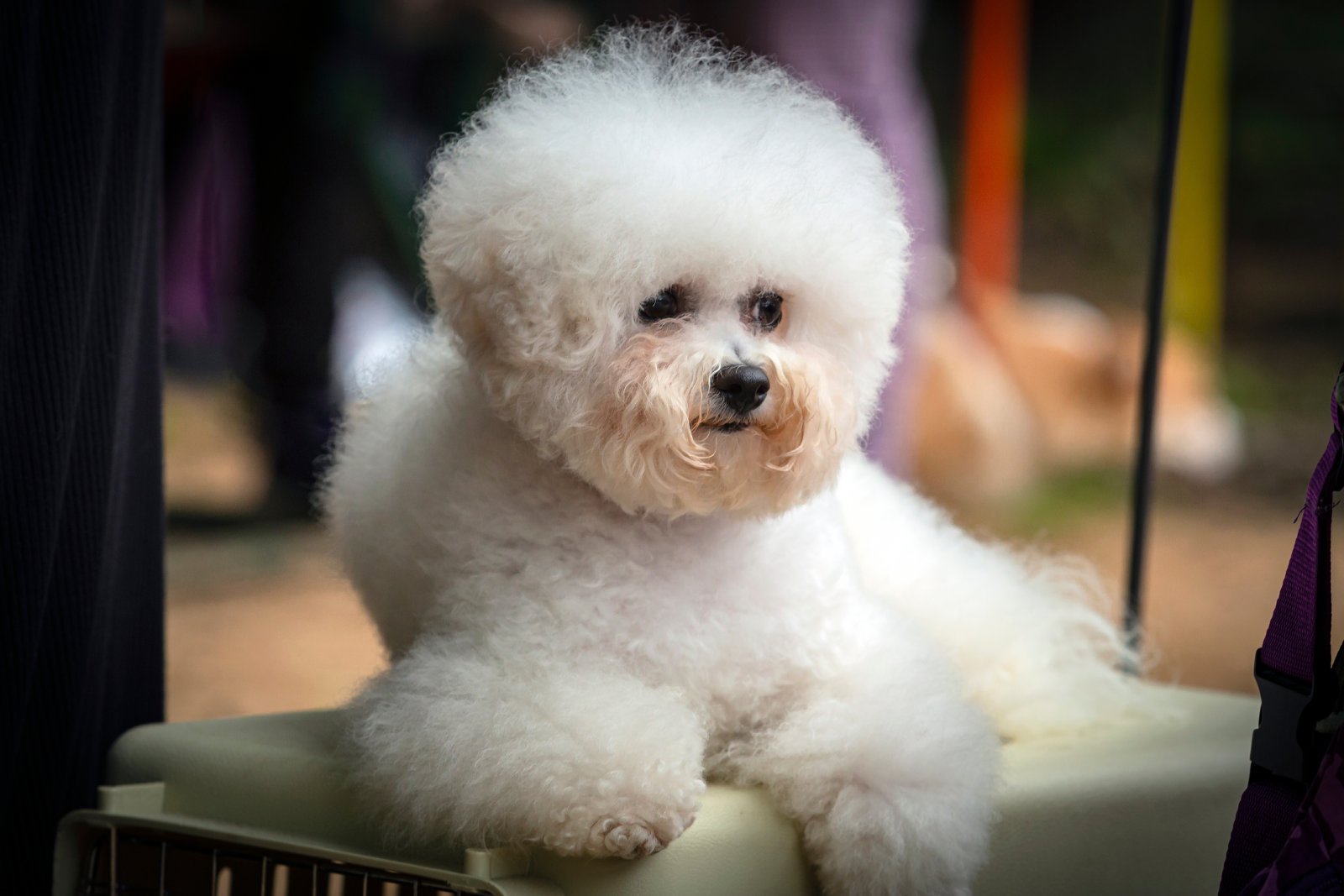
The Bichon Frise is a cheerful and affectionate breed, known for its fluffy white coat. Their fur needs regular grooming to keep it in top condition, and they can suffer from skin allergies and dental issues. This breed thrives on human companionship and can develop separation anxiety if left alone for too long.
10. Scottish Fold Cat
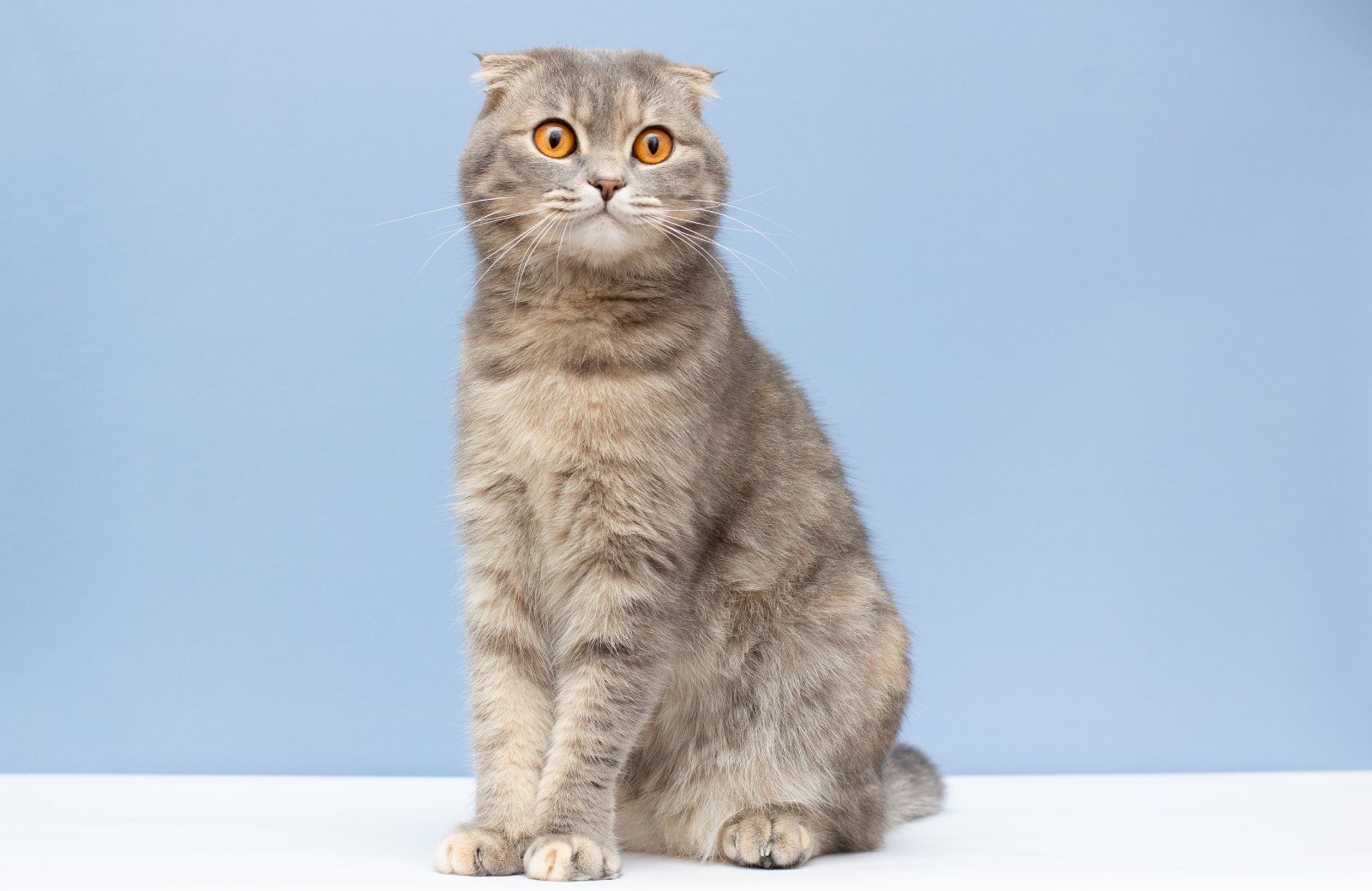
Scottish Fold cats are known for their unique folded ears and sweet, calm personalities. They can be prone to joint issues due to a genetic condition affecting their cartilage. Regular vet visits and a close watch on their mobility are necessary to manage their health effectively.
11. Chow Chow
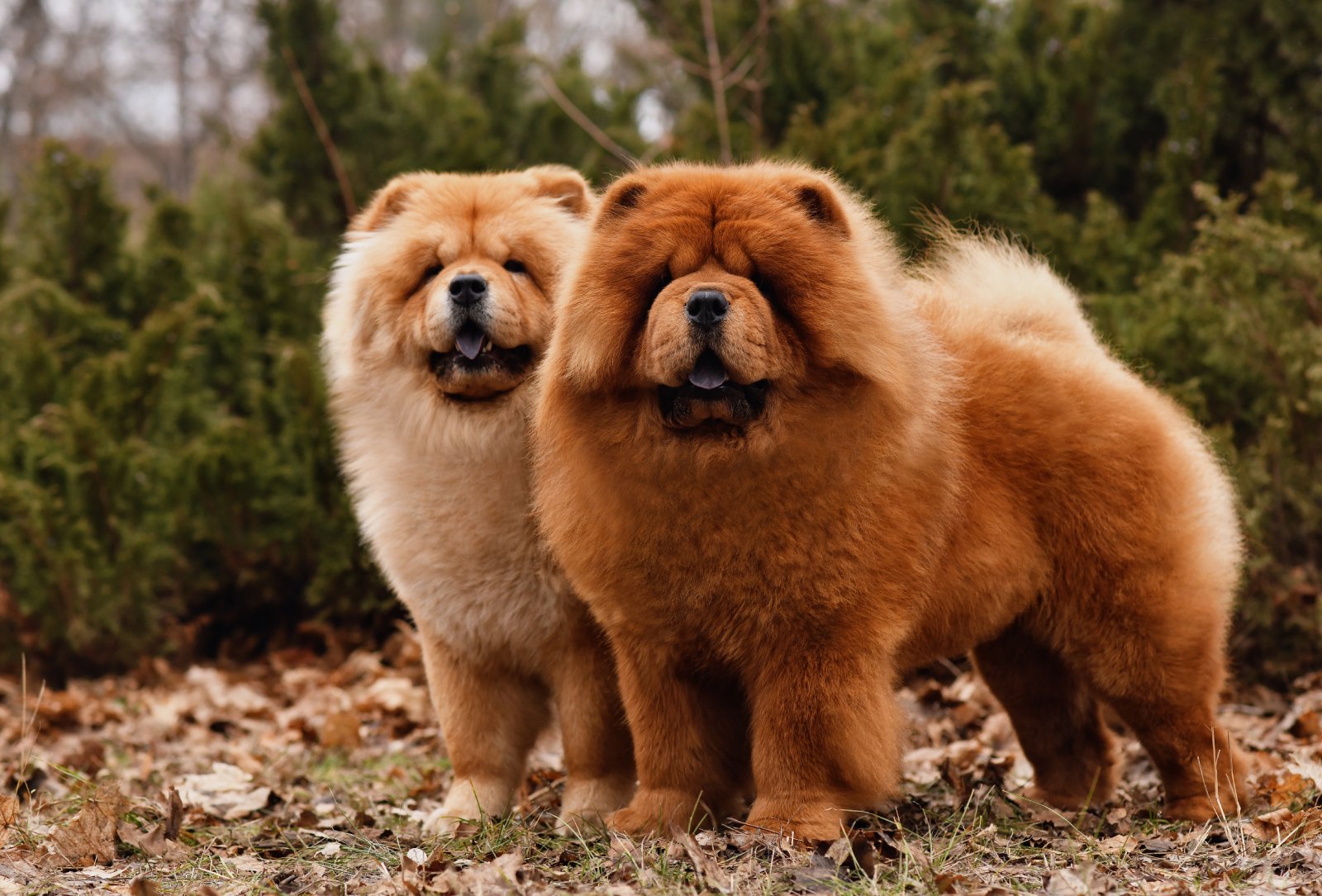
Chow Chows are distinctive with their lion-like mane and blue-black tongue. They are independent and can be aloof, requiring consistent and firm training. Their thick coat needs regular grooming, and they can suffer from skin issues and hip dysplasia.
12. Pomeranian
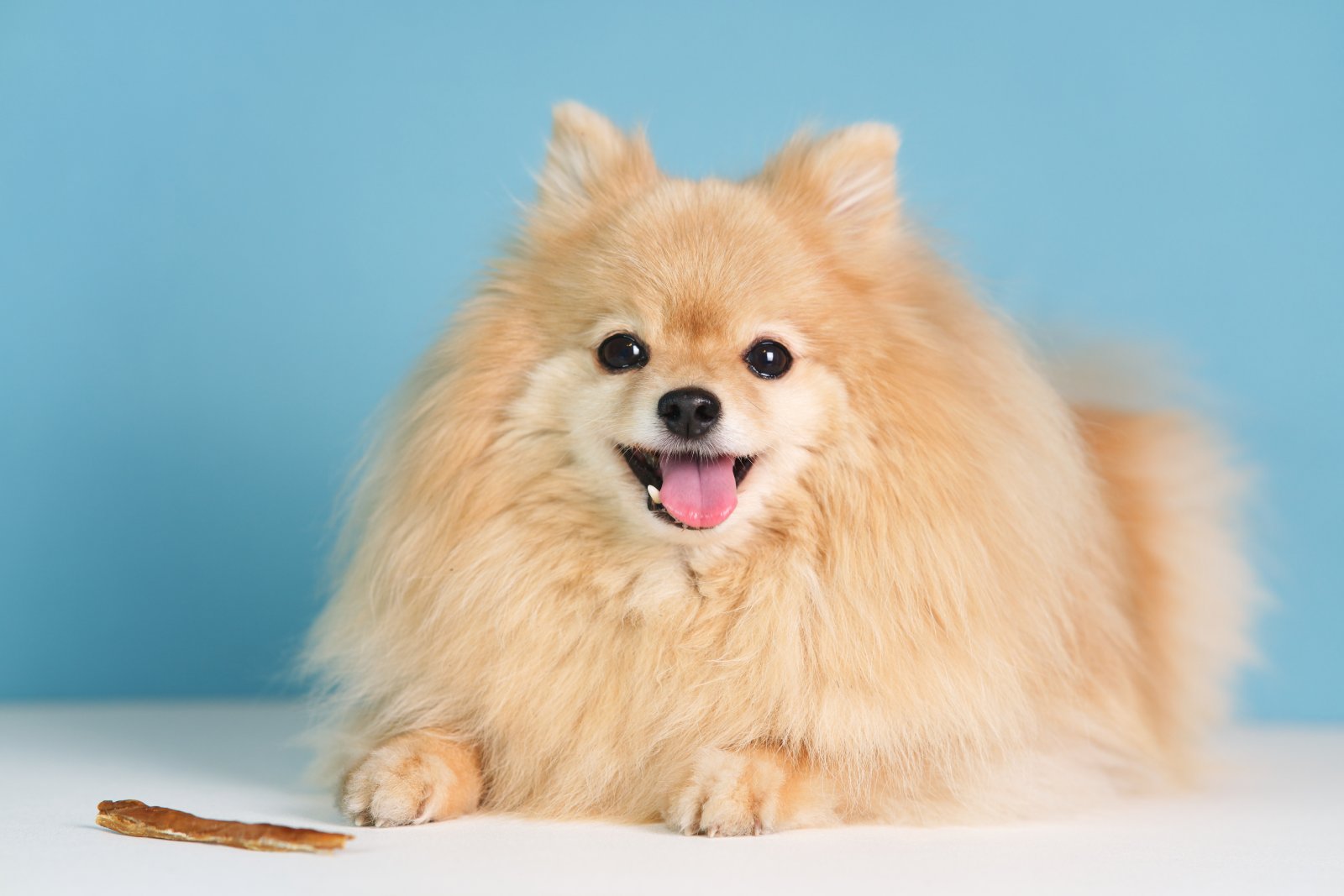
Pomeranians are small but full of personality, often seen as lively and confident. Their fluffy double coat requires frequent grooming to prevent matting. They are also prone to dental problems and luxating patellas, requiring vigilant care.
13. Siamese Cat
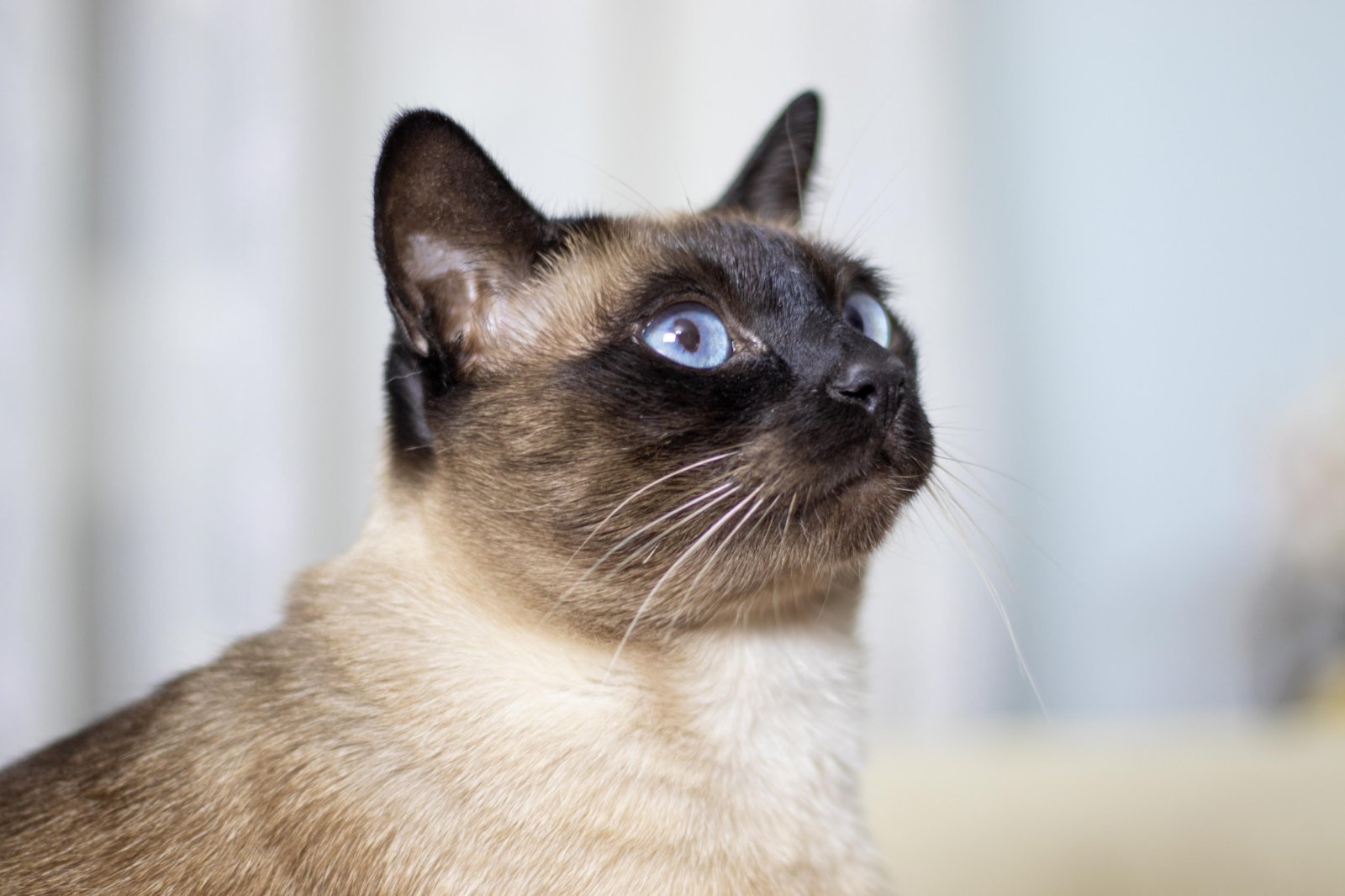
Siamese cats are highly vocal and social, craving constant interaction with their owners. They are prone to dental issues and gastrointestinal problems, necessitating regular veterinary care. Their short coat is low-maintenance, but their demanding personality can be challenging.
14. Newfoundland
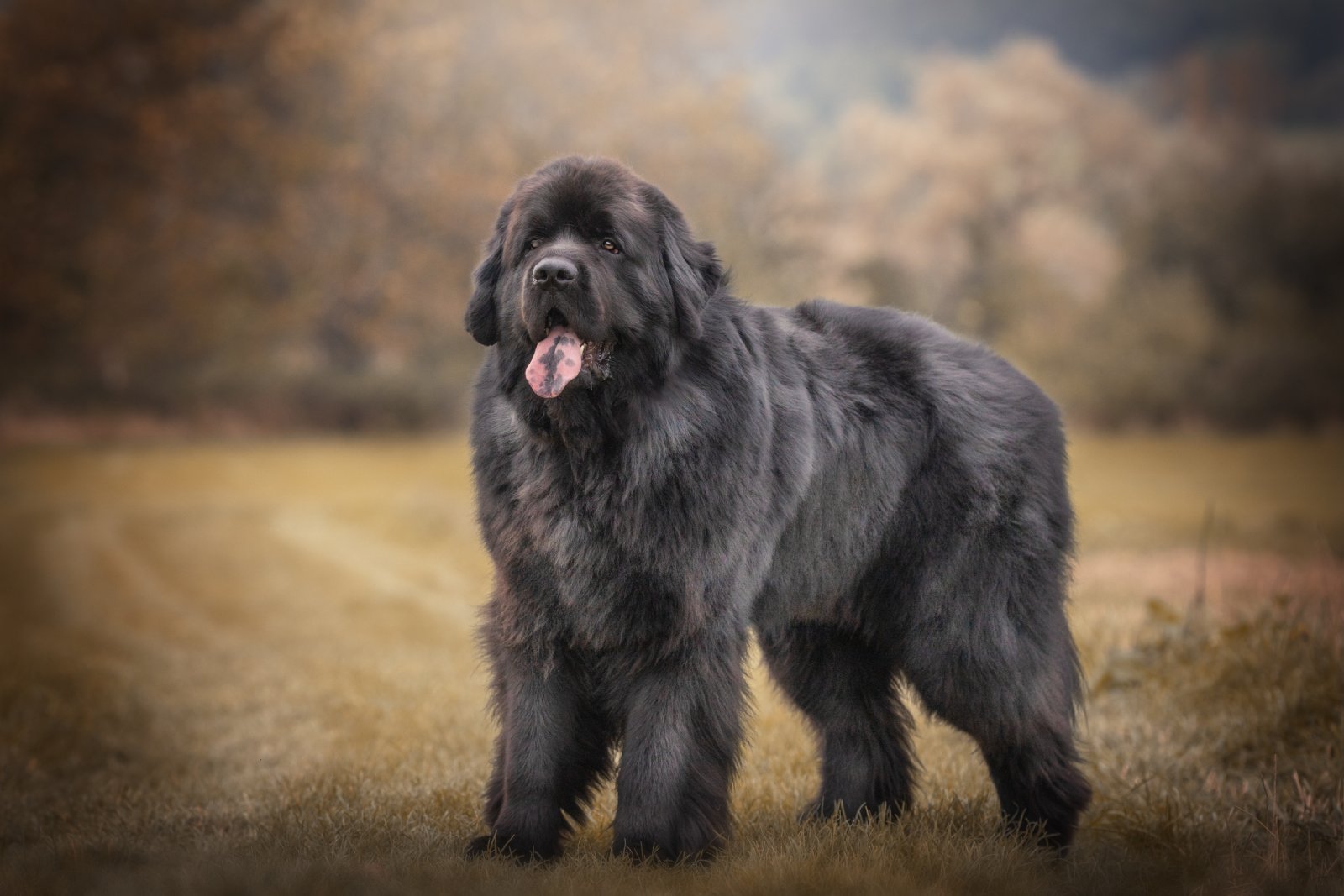
Newfoundlands are gentle giants known for their sweet nature and excellent swimming abilities. Their thick, water-resistant coat needs regular grooming, and they are prone to heart conditions and hip dysplasia. This breed requires a lot of space and exercise, making them best suited for homes with ample outdoor access.
15. Russian Blue Cat
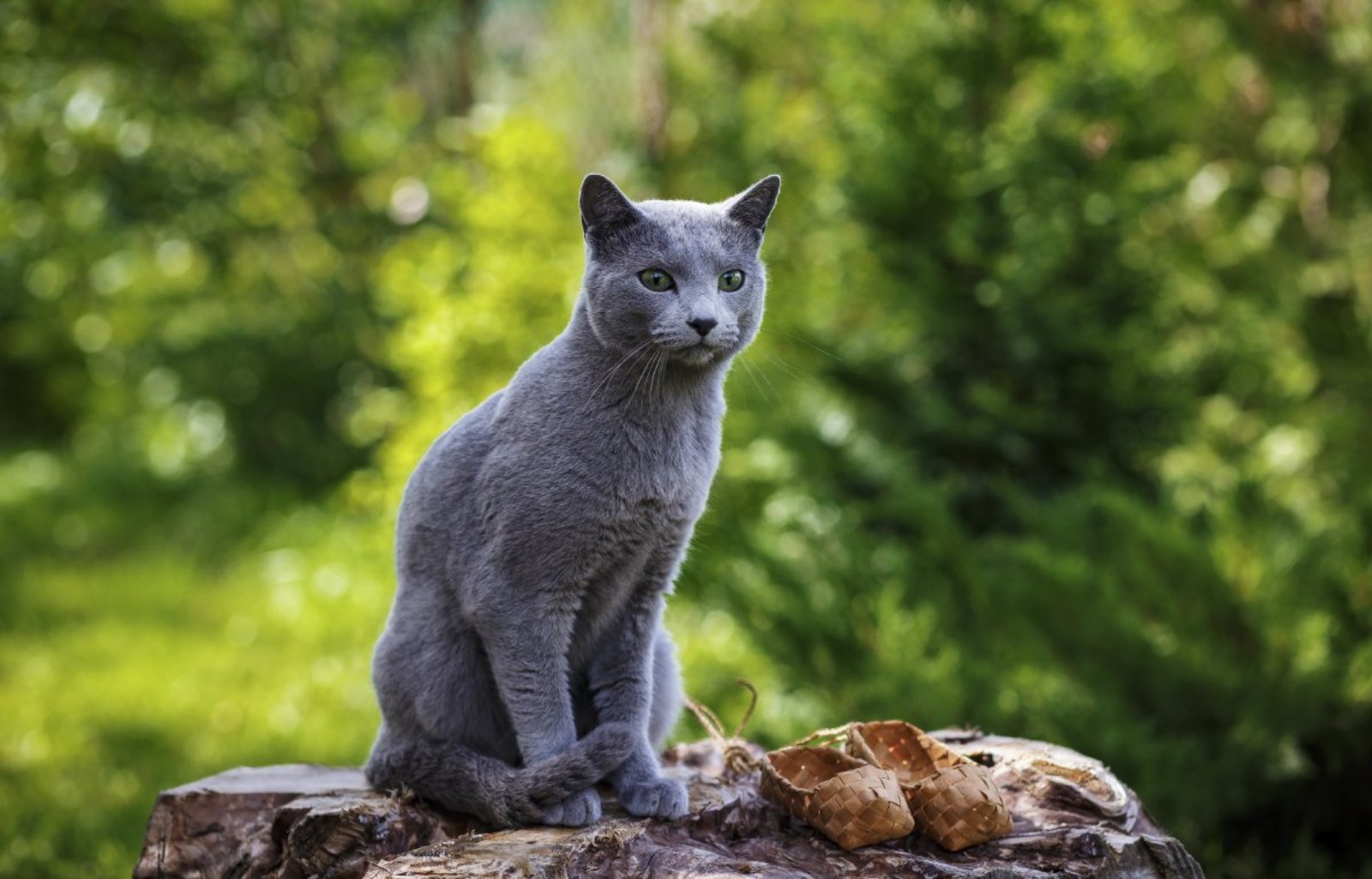
Russian Blue cats are elegant and intelligent, known for their plush blue-grey coat and bright green eyes. While their fur is relatively easy to maintain, they can be shy and require gentle socialisation. They are also prone to urinary tract issues, needing a careful diet and regular vet check-ups.
16. Samoyed
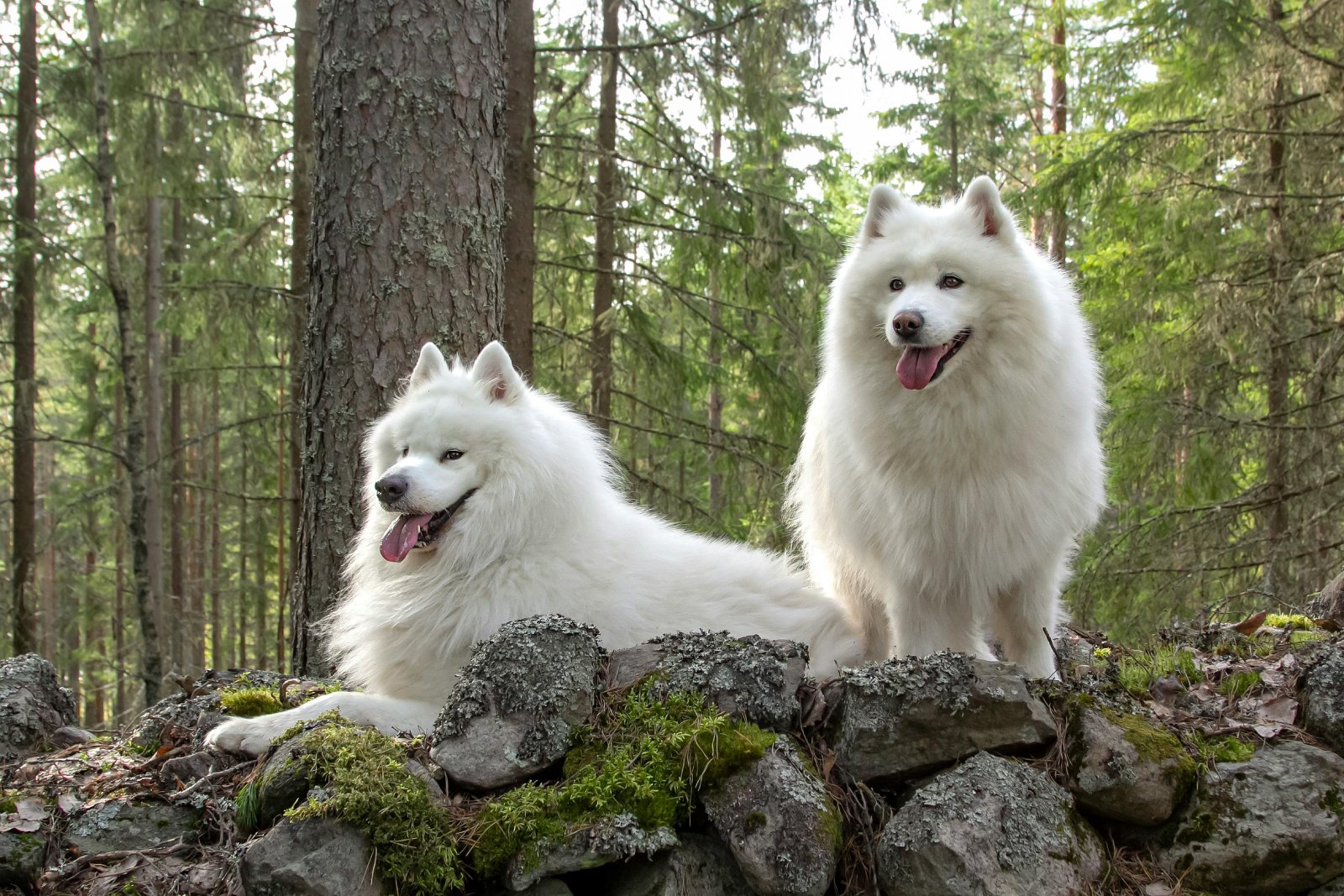
Samoyeds are known for their friendly disposition and stunning white coat. Their thick fur requires frequent grooming to prevent matting and shedding. They are prone to hip dysplasia and diabetes, making regular veterinary care essential.
17. Basenji
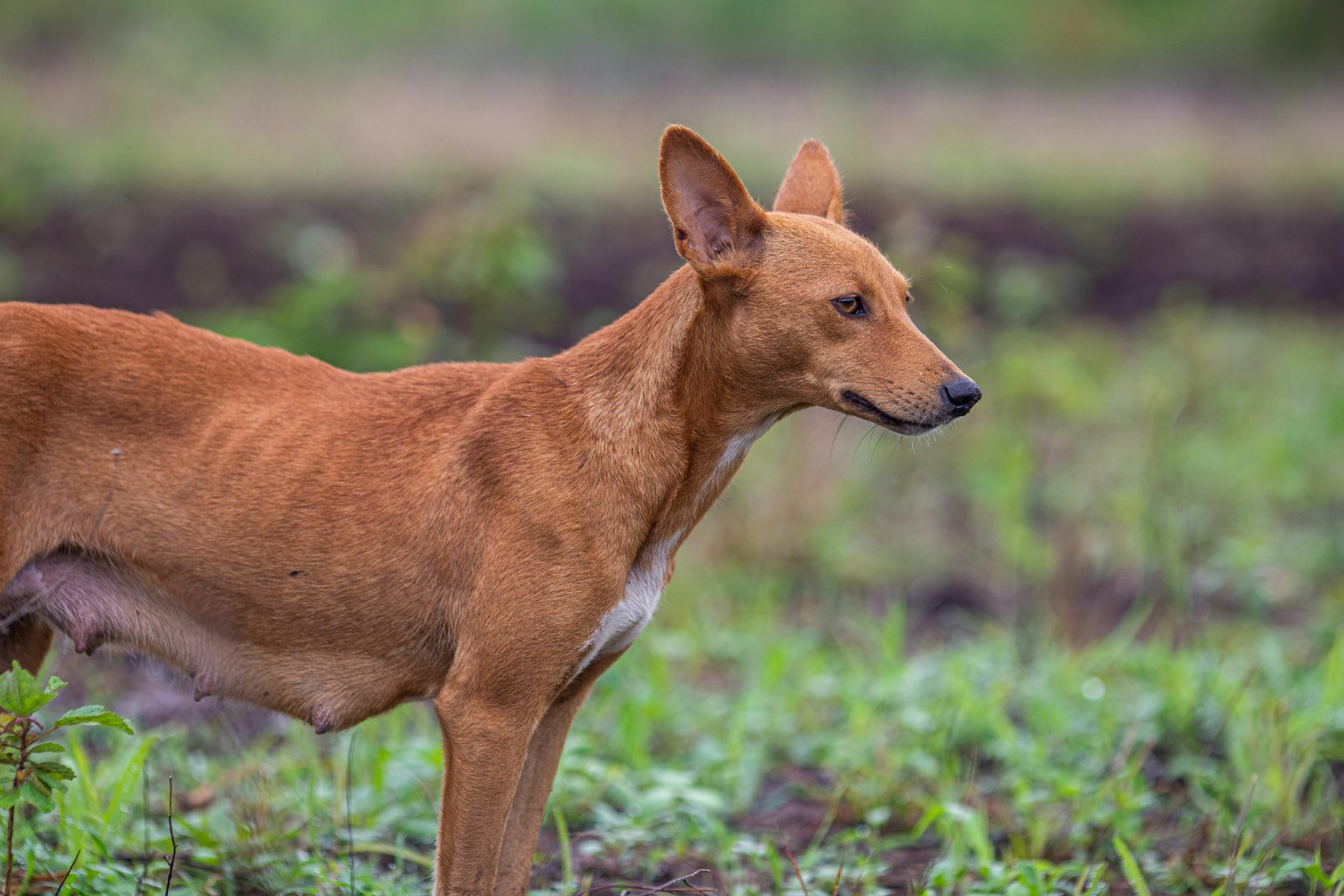
Basenjis are unique for their yodel-like bark and independent nature. They are highly energetic and need plenty of exercise and mental stimulation. Their short coat is low-maintenance, but their strong-willed personality requires firm and consistent training.
18. Burmese Cat
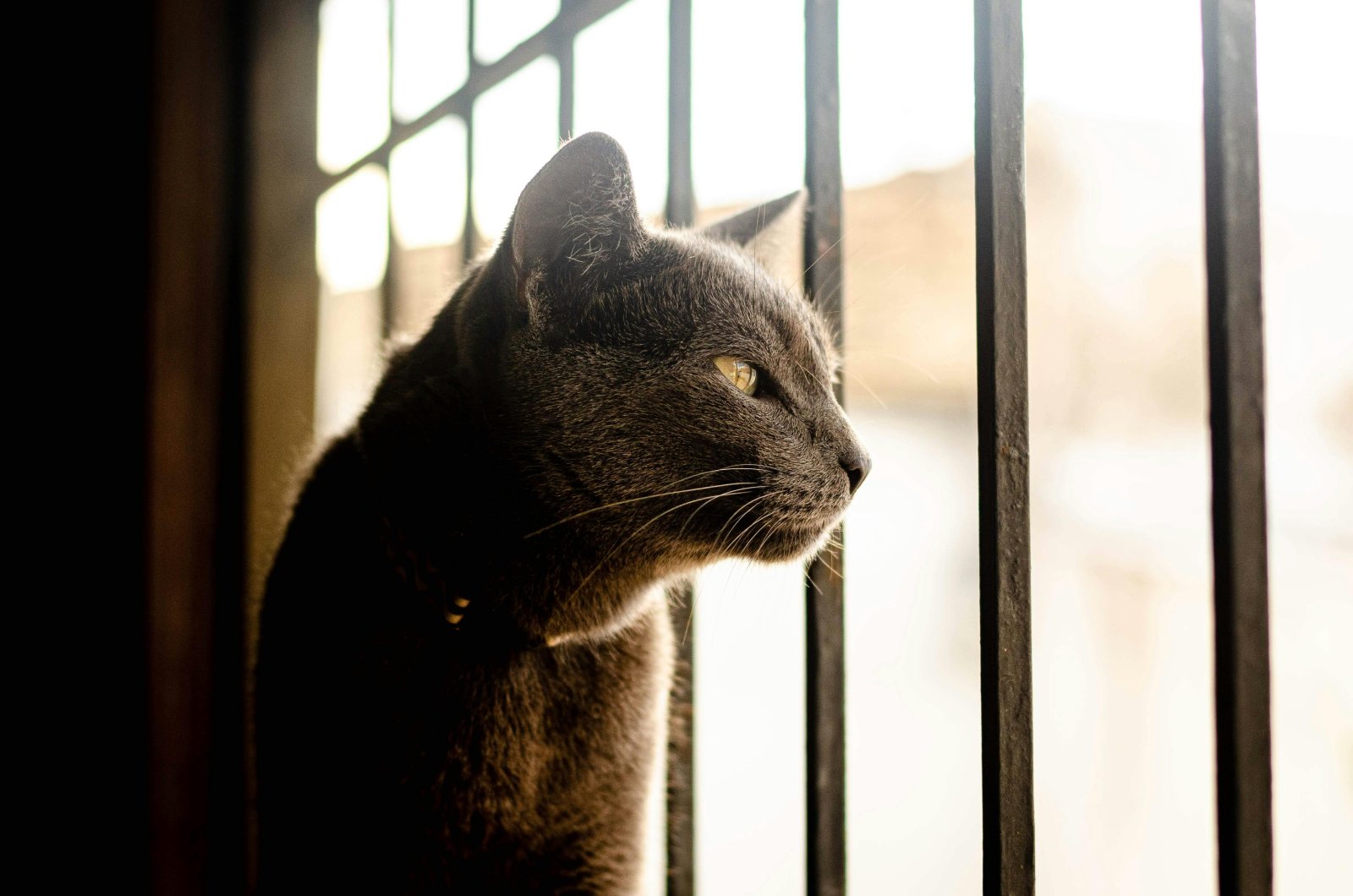
Burmese cats are affectionate and playful, often described as “dog-like” in their behaviour. They are prone to genetic disorders such as cranial deformities and hypokalaemia, requiring diligent health monitoring. Their short coat is easy to care for, but their social needs are high.
19. Great Dane
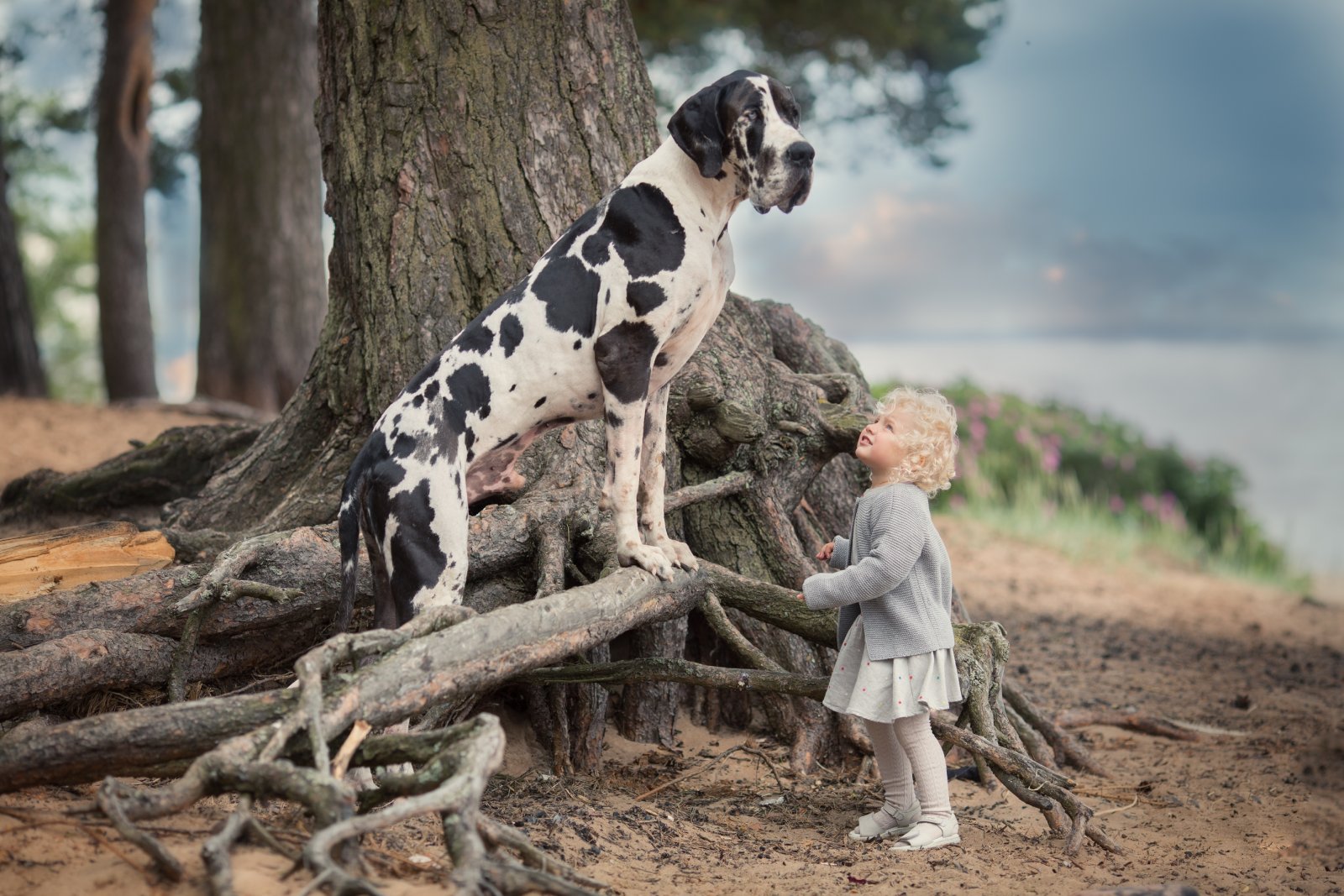
Great Danes are gentle giants with a friendly and patient nature. Their large size means they are prone to joint issues and heart problems, necessitating regular veterinary care. Their short coat is easy to maintain, but their sheer size requires ample space and a robust budget for food and healthcare.
20. Cornish Rex Cat
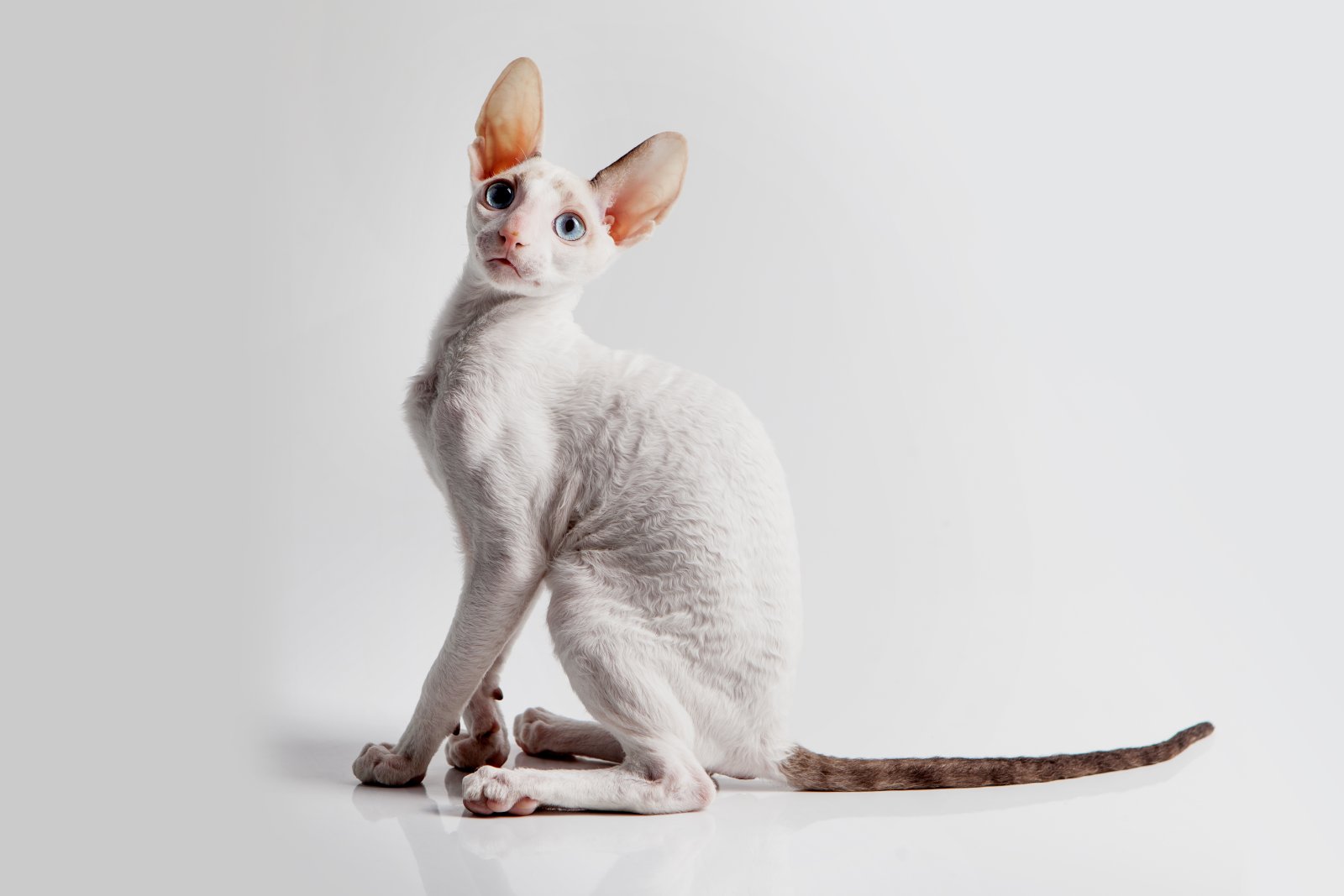
Cornish Rex cats are known for their wavy, soft coat and playful nature. Their fur requires minimal grooming, but they are prone to skin issues and sunburn due to their thin coat. They are highly social and need constant interaction, making them demanding pets.
21. Saint Bernard
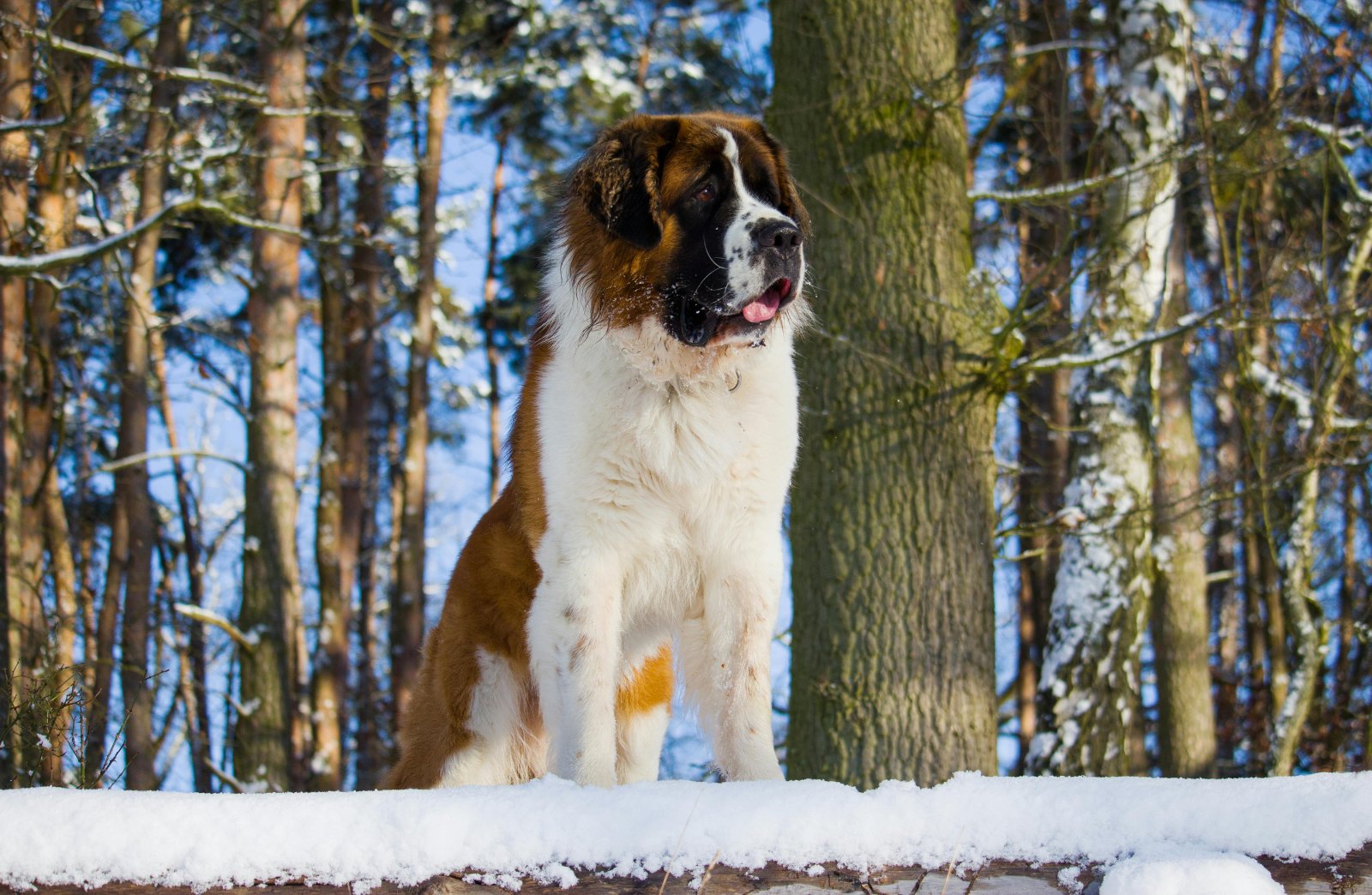
Saint Bernards are large, friendly dogs known for their rescue work in the Alps. Their thick coat needs regular grooming, and they are prone to hip dysplasia and heart conditions. Their size and drooling can be a handful, requiring ample space and a commitment to cleanliness.
Time to Reevaluate Your Pet Priorities?
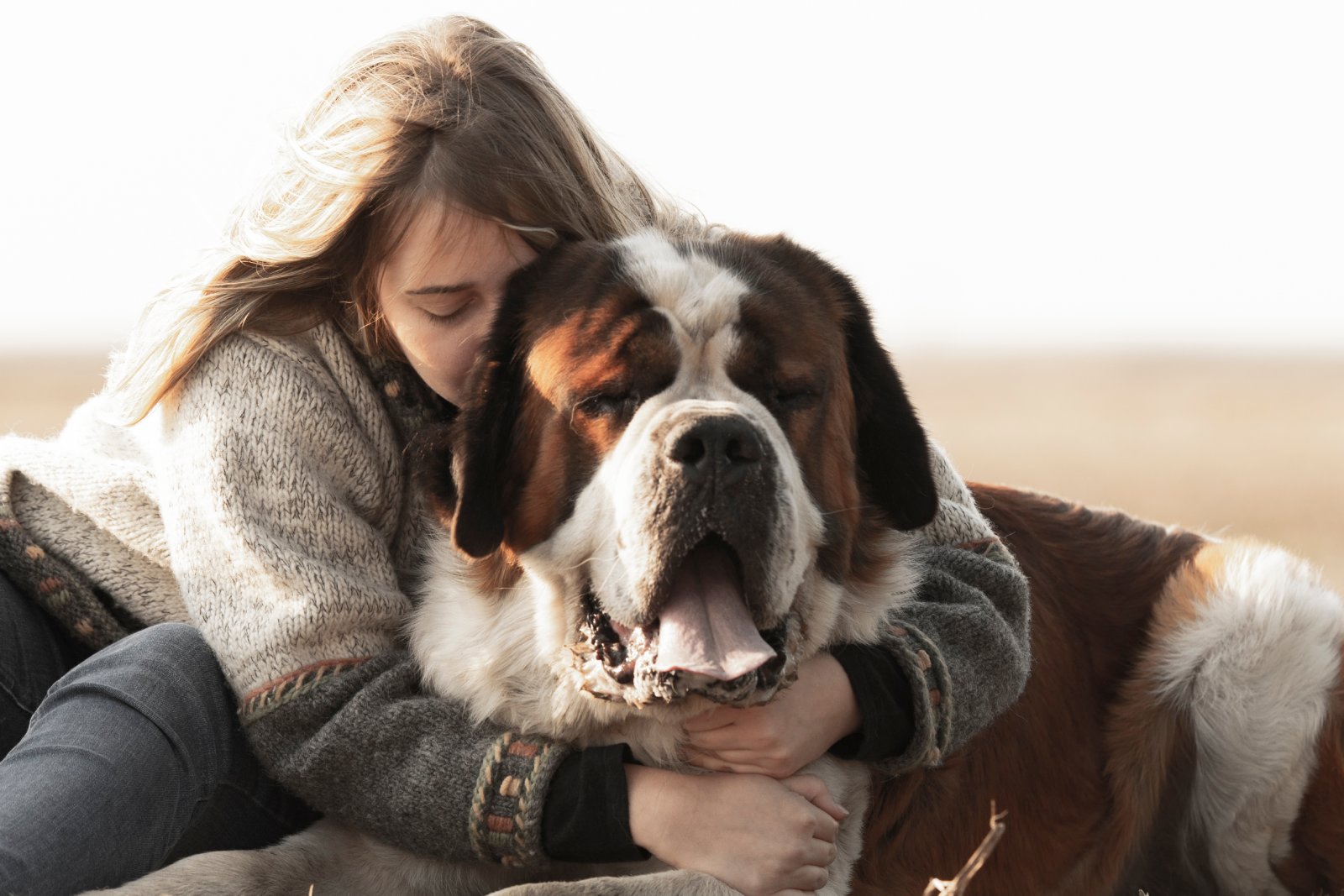
Taking care of a high-maintenance pet is not for the faint-hearted. Are you truly prepared to meet their needs and ensure their health and happiness?
Featured Image Credit: Shutterstock / SubertT.
For transparency, this content was partly developed with AI assistance and carefully curated by an experienced editor to be informative and ensure accuracy.

